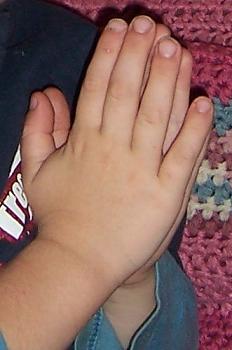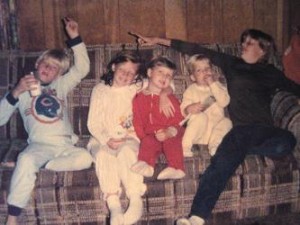It was my privilege today to return to the hospital where Nate underwent 14 radiation treatments, Rush University Medical Center in downtown Chicago. He and I first met Dr. Abrams on September 22 last fall, the day we learned of Nate’s fatal cancer. Dr. Abrams was on the team of medical experts who’d analyzed the data before meeting us at that gathering of experts, and who’d participated in gently giving us the shocking news.
Although we saw many new faces that day and shook hands with seven doctors, Dr. Abrams stood out as warm, concerned, sympathetic. He was the one to whom we were being turned over, the one who had already mapped out Nate’s radiation strategy. And he was the one who looked us both in the eyes and realized we didn’t have a clue what was happening on that fateful day. He told me later he decided at the end of that first meeting to “adopt” us both, wanting to be our soft place to fall, and he made good on that private commitment throughout those horrendous six weeks. He’s still making good on it, proven today by his invitation to have another conversation with me.
Both Nate and I liked Dr. Abrams immediately. He knew his stuff, but beyond that, he cared about us, our whole family, not just his cancer patient. Today as we talked, he asked about our children, wanting to know how they were coping with the loss of their father. He asked about me, too, and what I was doing with my time. When I told him it seems to be getting more difficult to live without Nate, he nodded with understanding.
I thanked the doctor for putting me together with the Rush media department, from which came the opportunity to post Nate’s story on the hospital “In Person” web page. And when I asked if he’d be willing to contribute a post to www.GettingThroughThis.com, he didn’t hesitate. “Just give me an assignment,” he said, with a smile.
Dr. Abrams fascinates me. We are different at our centers, one an Orthodox Jew, the other a Christian. I respect him highly and am astounded by his compassionate doctoring. We also have much common ground, beginning with Nate, who is the reason for our meeting in the first place. And we both find deep satisfaction in the relationships of our large families. We also share an interest in talking about the dying part of life and spent some time today discussing the universality of mortality.
Today I had a chance to “meet” his family as he proudly showed me a succession of photos from when his children were little and he was a young man, through to each child’s wedding and now several grandchildren. And although he willingly adopted us/me six months ago, Dr. Abrams and I are not so much parent and child anymore but friends. I am indeed grateful.
“Even in darkness light dawns for the upright, for the gracious and compassionate and righteous man.” (Psalm 112:4)




